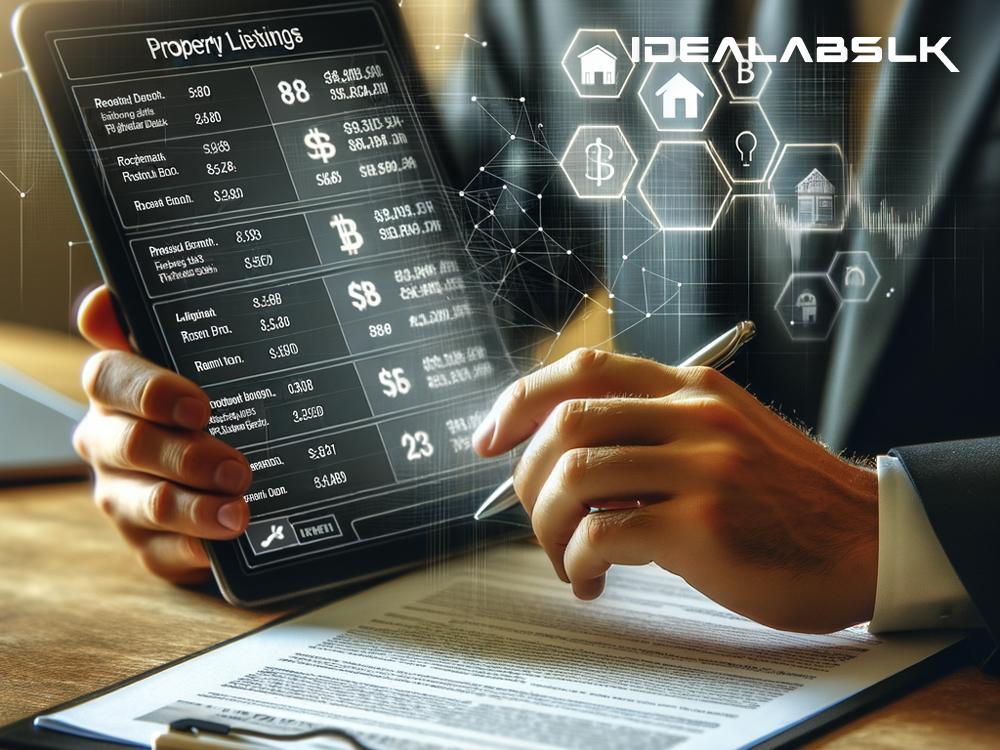Exploring Blockchain Technology in Rental Property Management: A Beginner's Guide
In an era where digital transformation is steering the wheel of various industries, the real estate sector is no exception. Among the innovative technologies making waves, blockchain stands out - especially when it comes to rental property management. But what is blockchain, and how does it redefine the traditional norms of managing rental properties? Let's break it down into simple terms.
What is Blockchain?
Imagine a digital ledger, much like a diary, but instead of containing secrets or daily entries, it records transactions or agreements. Now, let's spice things up a bit by making this ledger accessible by thousands or even millions of people at the same time, and once something is written in it, it can't be altered or erased. That's blockchain for you - a chain of blocks (where "block" refers to digital information, and "chain" refers to the public database).
The Entry of Blockchain into Rental Property Management
Rental property management can sometimes feel like navigating a labyrinth. From vetting tenants and processing payments to managing contracts and maintenance requests, the list of responsibilities is endless and often cumbersome. Enter blockchain technology, bringing along not just a breath of fresh air but a revolutionary way to streamline these processes.
Here's how blockchain is changing the game:
1. Simplified Payments
One of the most immediate benefits of blockchain is simplifying the rental payment process. With cryptocurrencies, tenants can pay their rent directly, securely, and instantly without the need for intermediaries (like banks), reducing transaction fees and processing times. This way, landlords receive payments faster, and both parties benefit from a more efficient transaction process.
2. Enhanced Security and Trust
The immutable nature of blockchain, where once information is added, it cannot be altered without consensus, adds a level of security and transparency unheard of in traditional rental property management. This creates a trusting environment where landlords and tenants can verify transactions, agreements, and even the property's maintenance history without doubting its authenticity.
3. Streamlined Tenant Screening
Blockchain can also transform the tenant screening process. Traditionally, this involves checking references, credit reports, and rental history, which can be time-consuming and not always accurate. Blockchain enables a more trustworthy and seamless verification process, where prospective tenants can securely share their rental history and credit scores without risking their personal information. Landlords can swiftly access verified data, making the decision-making process quicker and more reliable.
4. Smart Contracts
Perhaps the most groundbreaking application of blockchain in rental property management is "smart contracts." These are self-executing contracts where the terms of the rental agreement are directly written into lines of code. The agreement automatically enforces itself when conditions are met. For example, a smart contract can automatically release keys to a tenant once the first rental payment is confirmed on the blockchain, reducing manual intervention and ensuring a smoother leasing process.
5. Maintenance and Repairs
Blockchain can also enhance how maintenance requests and repairs are managed. By using a transparent ledger, tenants can report issues directly on the blockchain, where approved service providers can bid for the job. This not only speeds up the process but also ensures fairness and accountability, as all actions are recorded and can be reviewed by the landlord and tenant.
The Challenges Ahead
While blockchain in rental property management offers numerous advantages, it's not without its challenges. The technology is still in its infancy, meaning real estate professionals and tenants alike need to adapt and understand it. There's also the question of regulation, as governments are still figuring out how to manage and legislate blockchain applications.
Final Thoughts
Blockchain technology holds the potential to revolutionize rental property management, making processes more efficient, secure, and transparent. As we edge into a future where digital transformation continues to reshape industries, the real estate sector stands on the brink of a significant leap forward with blockchain. Embracing this change could mean a world of difference for landlords and tenants alike, offering a glimpse into a more streamlined and trustworthy future of rental property management.

